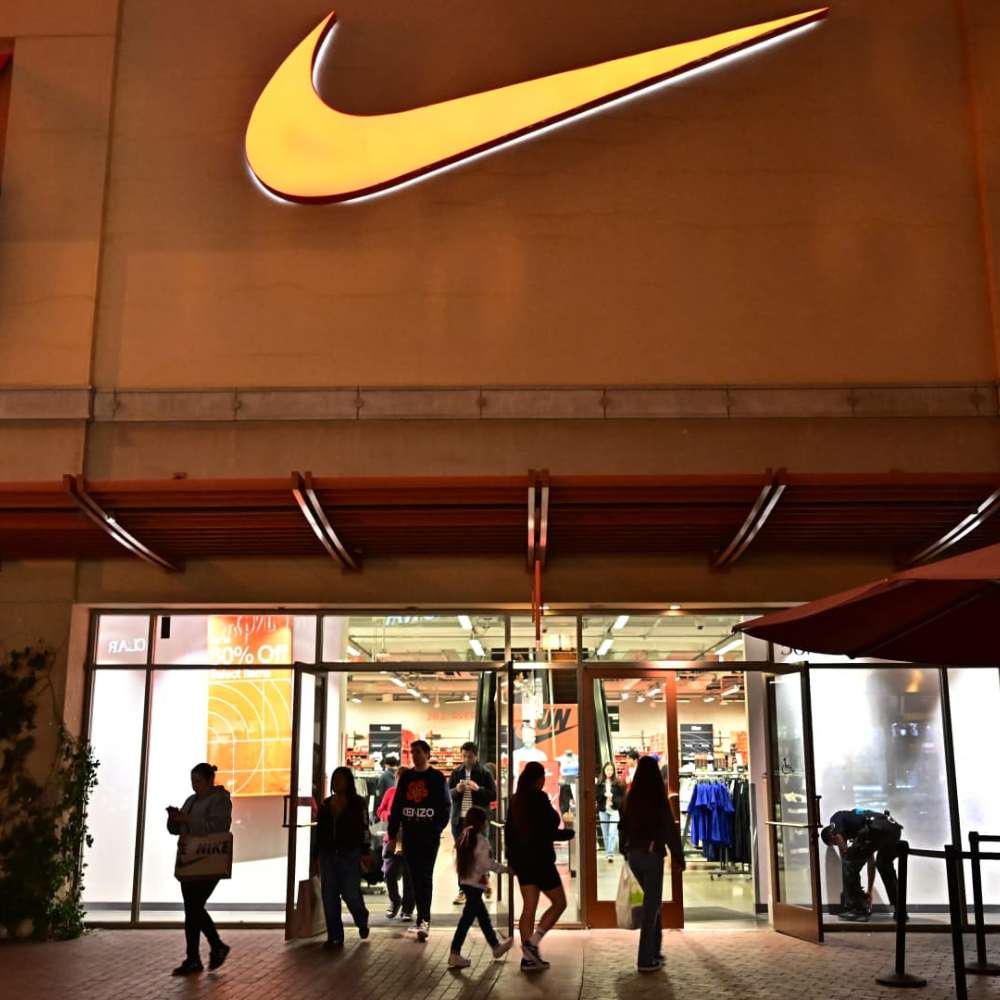Nike CEO Outlines New Strategy to Revive Growth Amid Declining Revenue and Profits
Nike CEO Outlines New Strategy to Revive Growth Amid Declining Revenue and Profits
Blog Article

- Source: cnbc.com
Nike’s new CEO, Elliott Hill, has announced a fresh strategy to restore the company’s growth after declining revenue and profit were attributed to excessive discounting. On Thursday, Hill outlined his approach, emphasizing a return to full-price sales online and plans to aggressively liquidate old inventory through less profitable channels.
Elliott Hill acknowledged that Nike’s reliance on promotions had dampened the brand’s appeal. He admitted that traffic to Nike’s digital and physical stores had softened due to a lack of innovative products and compelling marketing campaigns. Entering the year, the company’s digital platforms saw an equal split between full-price and promotional sales, which impacted the brand image and disrupted the marketplace, including partnerships with wholesalers.
Nike expects gross margins to drop by 3 to 3.5 percentage points in the holiday quarter and anticipates sales to decline in the low double digits, exceeding analysts’ already modest expectations.
Second-Quarter Performance
Despite challenges, Nike surpassed Wall Street’s predictions in its fiscal second-quarter results. Earnings per share stood at 78 cents, outperforming the expected 63 cents. Revenue came in at $12.35 billion, exceeding the anticipated $12.13 billion. However, these figures still marked a significant decline from the previous year, with net income dropping to $1.16 billion compared to $1.58 billion a year earlier. Sales also fell by 8%, down from $13.39 billion.
Nike shares initially rose following the results but pared gains after Hill’s remarks about the ongoing challenges.
Turning Around the Brand
Elliott Hill, who began his career at Nike as an intern in the 1980s and recently returned to lead the company, expressed a deep commitment to reviving the brand. He described his focus on getting Nike back on track and returning it to its position as a market leader.
Hill criticized the strategies employed under his predecessor, which prioritized digital sales growth, heavy spending on performance marketing, and distancing from wholesale partners. He stated that Nike had alienated key wholesale partners and pledged to rebuild their trust by strengthening those relationships. Hill stressed the importance of ensuring that wholesale partners feel supported, noting that Nike’s success is intertwined with theirs.
This renewed emphasis on wholesale partnerships is positive news for retailers like Foot Locker, JD Sports, and Dick’s Sporting Goods, which rely on Nike products to drive their sales.
Refocusing on Sports and Innovation
Elliott Hill also addressed criticism that Nike had strayed from its roots in sports and performance, leading to a loss of market share to competitors like Asics, On Running, and Hoka. He noted that the brand had become overly reliant on a few popular lifestyle silhouettes, such as the Air Force 1s, Dunks, and Air Jordan 1s. These once-iconic styles were produced in such large quantities that they lost their exclusivity and appeal.
To address this, Nike plans to reduce supply in these categories. While this strategy may impact short-term sales, the goal is to maintain the brand’s long-term relevance and desirability.
Sales Decline Across Key Regions
During the most recent quarter, Nike experienced a 13% drop in sales at its stores and online platforms, while wholesale revenue declined by 3%. Steep discounting contributed to a decline in gross margin, which fell to 43.6%.
Inventory levels remained flat at $8 billion compared to the prior year, with an increase in units offset by lower product input costs and a shift in the product mix. Still, inventory levels remain higher than desired, particularly in light of current sales trends.
Regionally, Nike saw an 8% decline in sales in China, falling short of expectations, while North America sales were down 8% but exceeded projections. Sales in Europe, the Middle East, and Africa declined by 7%, while the Asia Pacific and Latin America regions saw a 3% drop.
Converse, a Nike subsidiary, also underperformed, with sales falling 17% to $429 million, significantly below analyst expectations.
Key Wins Under New Leadership
Despite the challenges, Hill has secured some important victories since taking over as CEO. On December 11, the National Football League renewed its contract with Nike, reaffirming the company’s status as the exclusive uniform provider for the NFL, Major League Baseball, and the National Basketball Association.
However, Hill acknowledges that turning around Nike will take time. The company’s shares have fallen by approximately 27% in 2024, contrasting sharply with the 27% gain of the S&P 500 during the same period.
Elliott Hill remains is committed to restoring Nike’s innovation, rekindling its passion for sports, and rebuilding its partnerships to drive sustainable growth. As the brand navigates these challenges, its success will depend on balancing short-term adjustments with long-term strategies to maintain its position as a global sportswear leader.